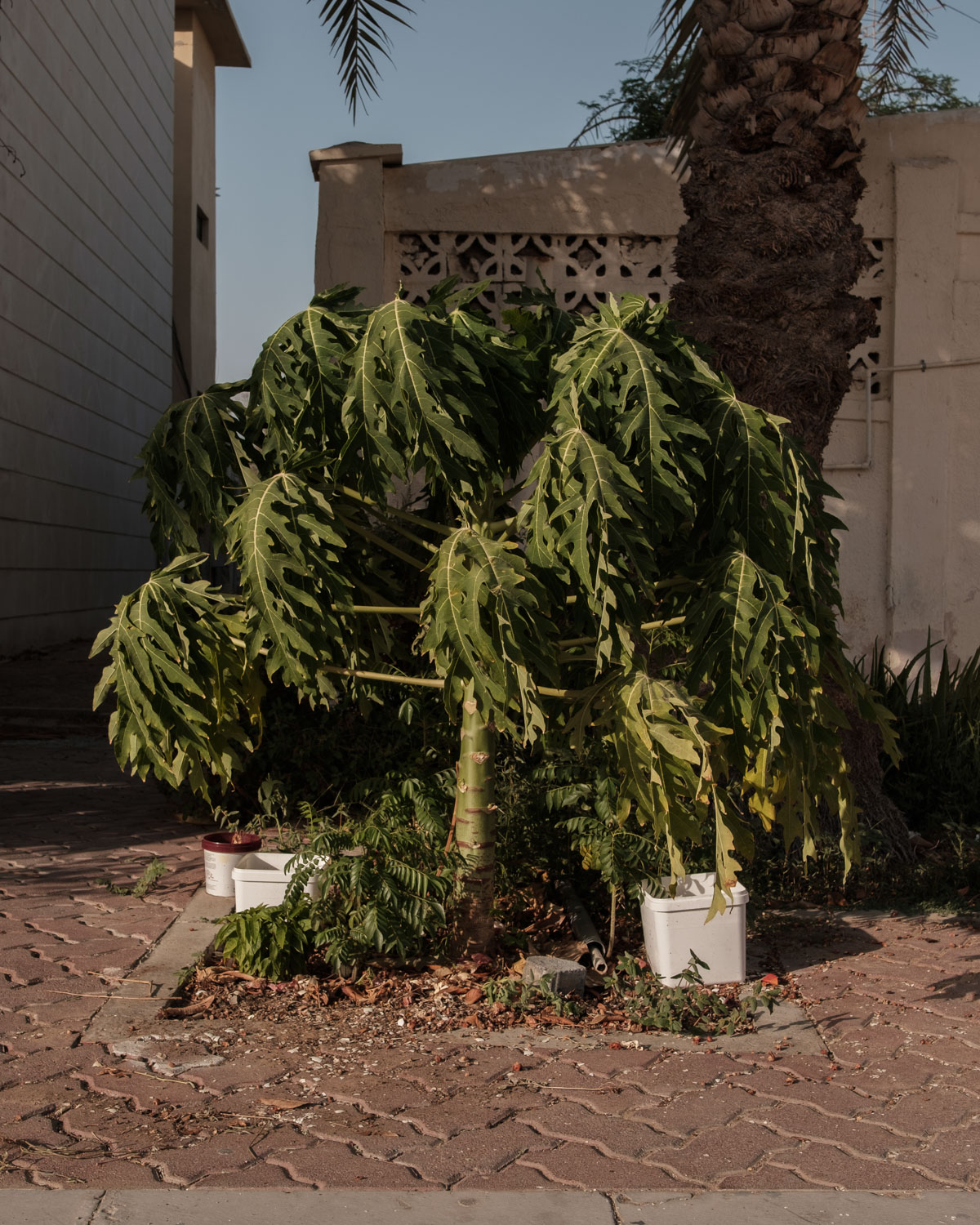A LAND WE ONCE CALLED HOME

Rosa Franjic
Text: courtesy of Rosa Franjic
‘Colonialism is not a thing of the past, it’s an economic system that persists today’
I came across this quote by Celine Semaan-Vernon, founder of Slow Factory, while doom-scrolling on Instagram one afternoon. Yet, what does this have to do with Bosnia, or this project in particular? ‘A land we once called home’ started as a nostalgic depiction of a region that has lately attracted many foreigners with the promise of easy exploitation of its wealth of natural resources. All of the efforts put into conservation are invalidated by corrupted politicians and their unscrupulous drive for profit. The country’s many rivers are no longer pristine, and forests are being torn down and replaced by mines. Activists are being threatened and, in some cases, face defamation lawsuits when trying to fight against the destruction of their homeland and its environment. An exemplary recent case that’s worth mentioning is that of Hajrija Čobo, brought to court by the British multinational Adriatic Metals on accusations of defamation for speaking out on the extensive negative impact on environment, community wellbeing and public health that has resulted from the company’s mining operations in her hometown of Kakanj.
You won’t find exploitation or destruction in my portrayal of Bosnia. Moreover, this projects serves as my attempt, albeit in vain, of holding on to the idyllic and sentimental image of the rich, beautiful land that dominates my memory; a land I, and many like me, once called home.

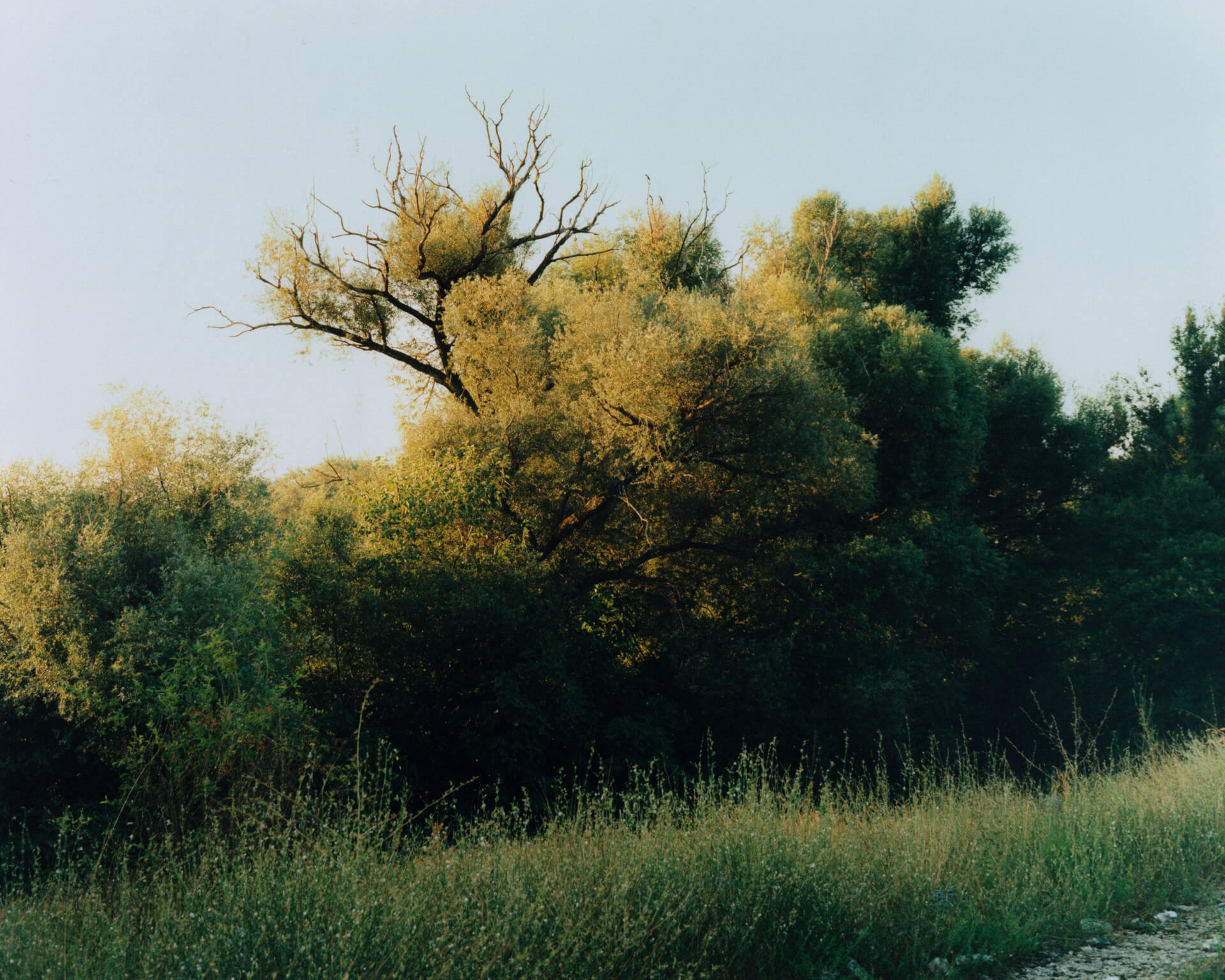
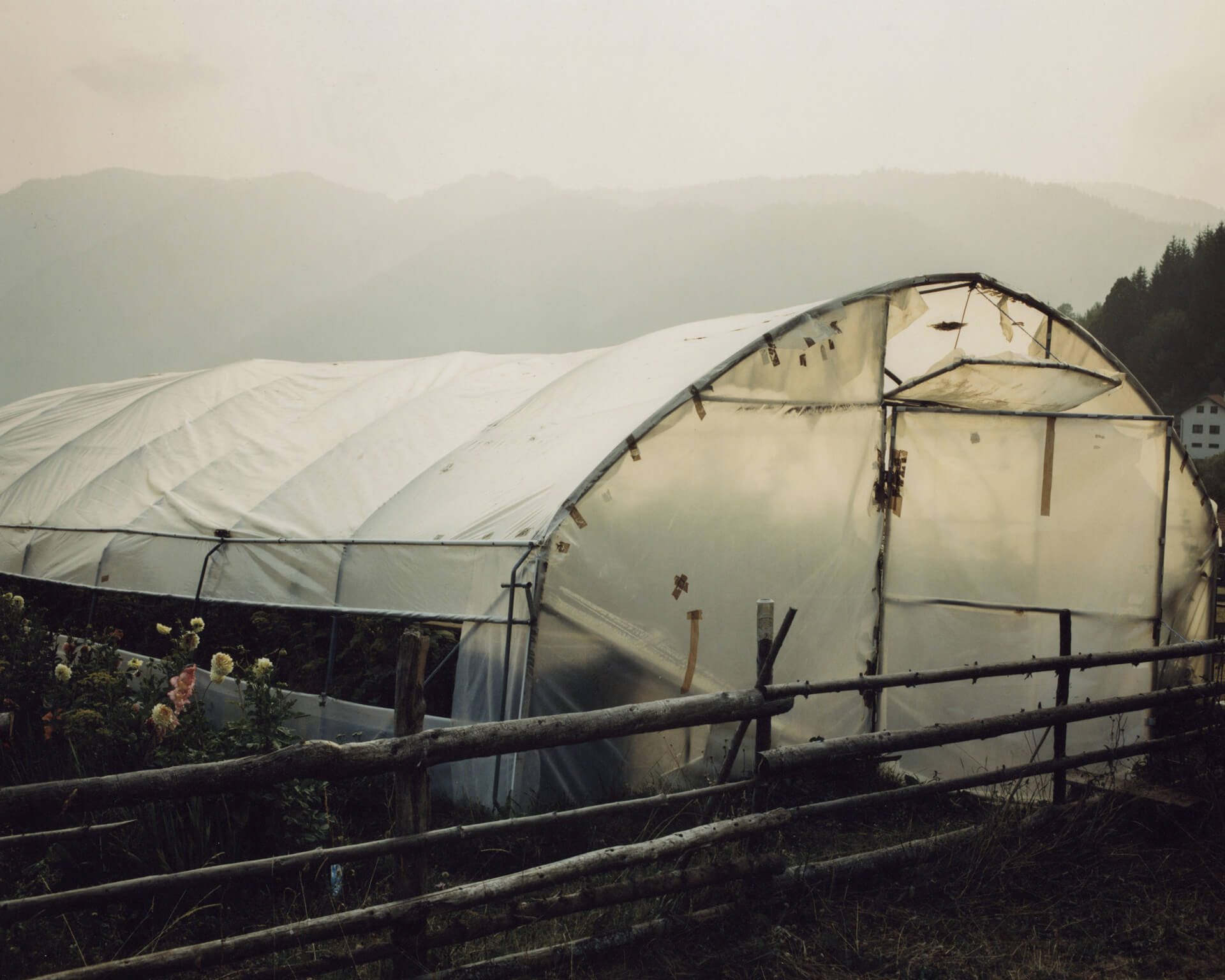
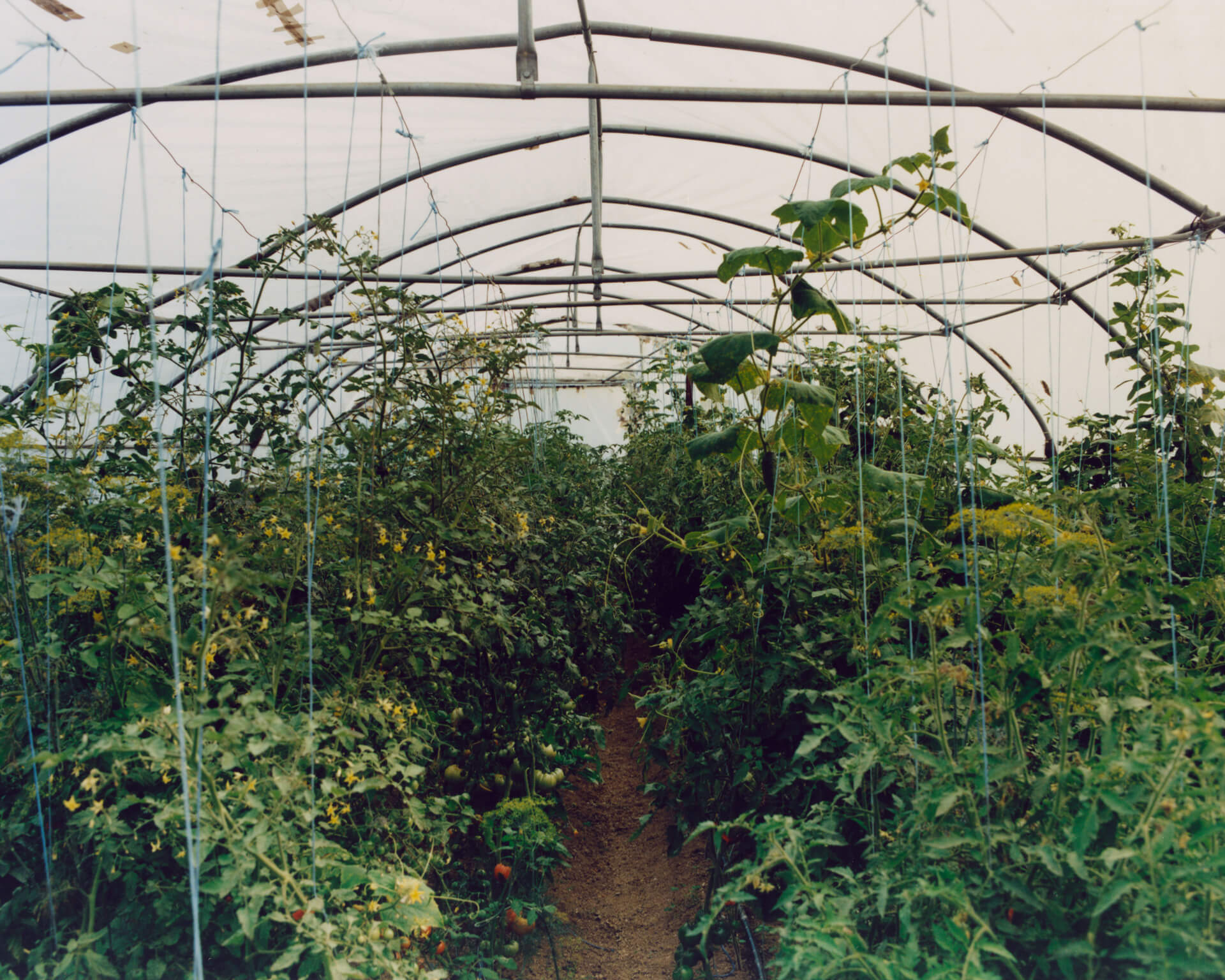
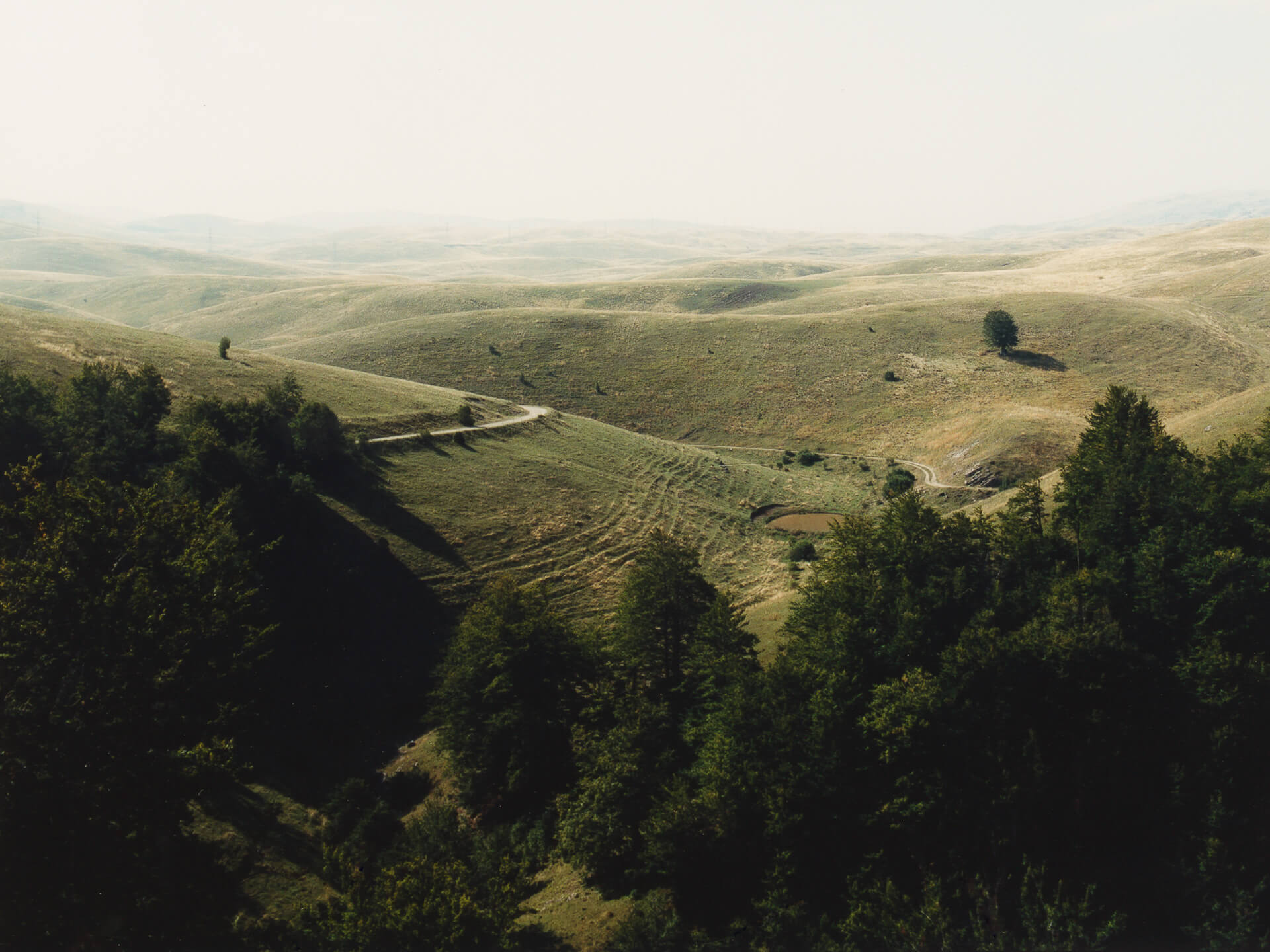
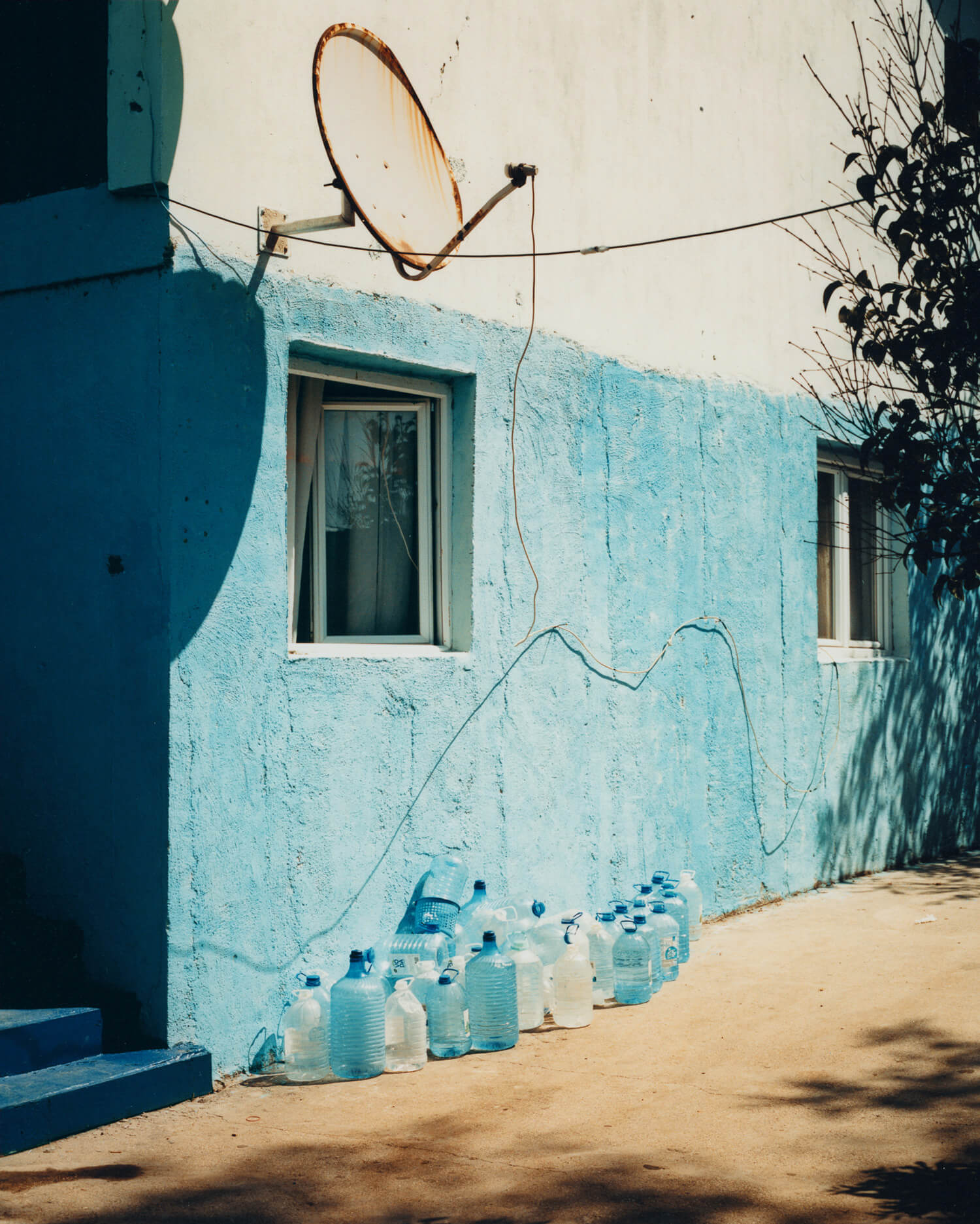


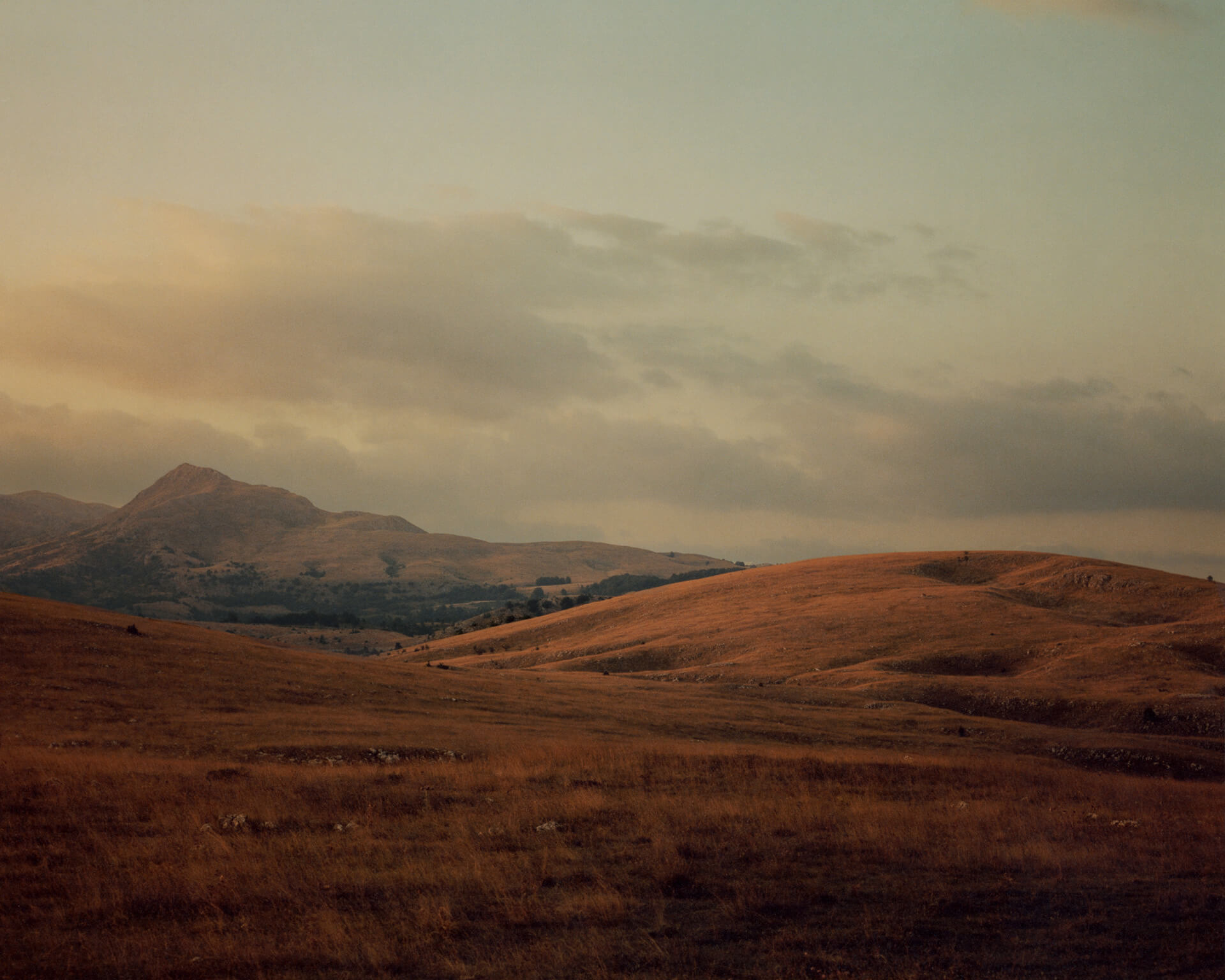
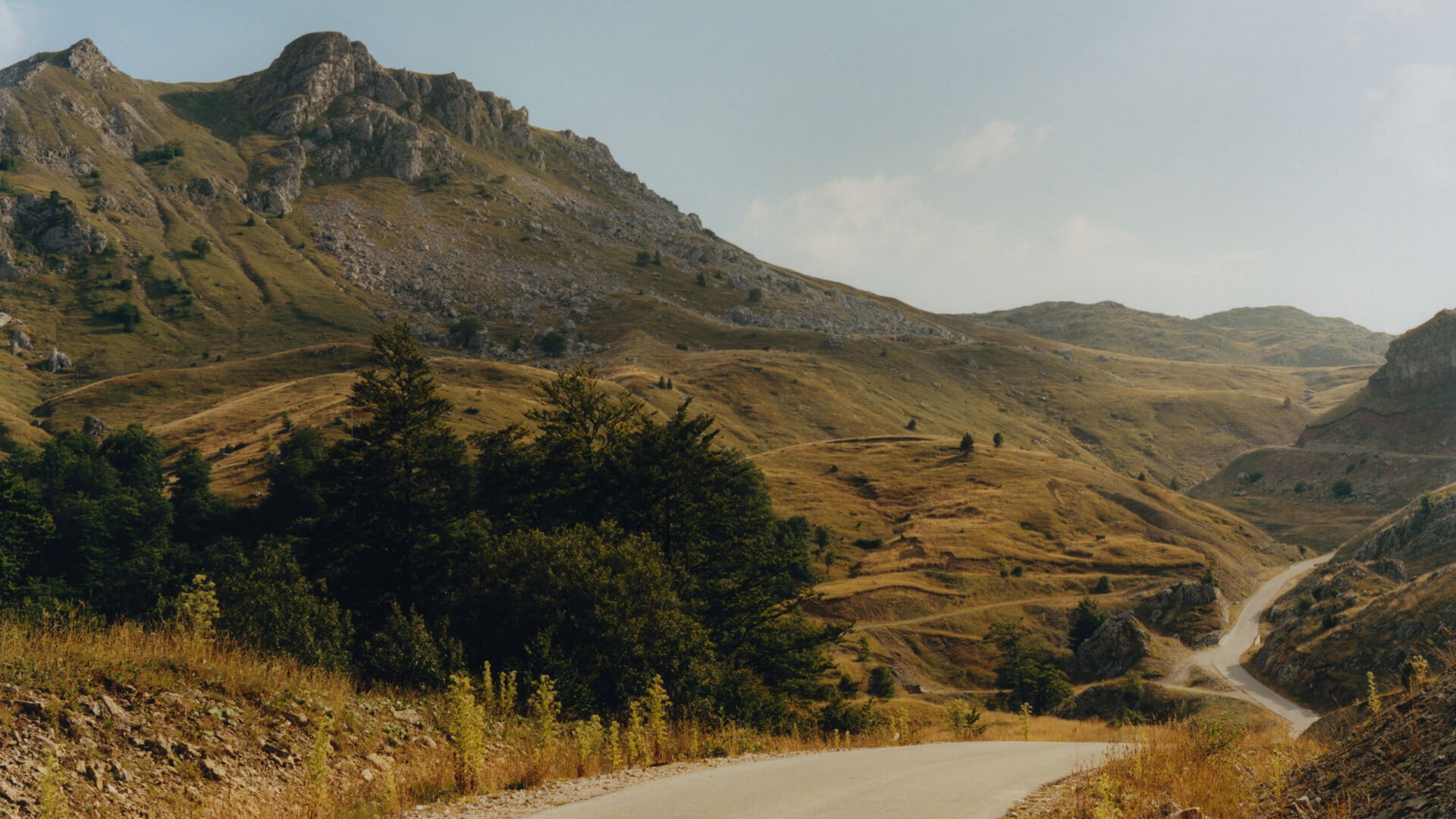
Rosa Franjic
Rosa was born in Germany to a Bosnian mother escaping the Balkan War. Her childhood was dictated by the nomadic lifestyle forced onto her family by their status as refugees. Upon having settled in north Italy, Rosa went on to complete a degree in aesthetic philosophy in Milan.
The combination of her studies and her profound appreciation for environment and photography led to the latter becoming one of the main ways in which she beholds and internalizes experience.

